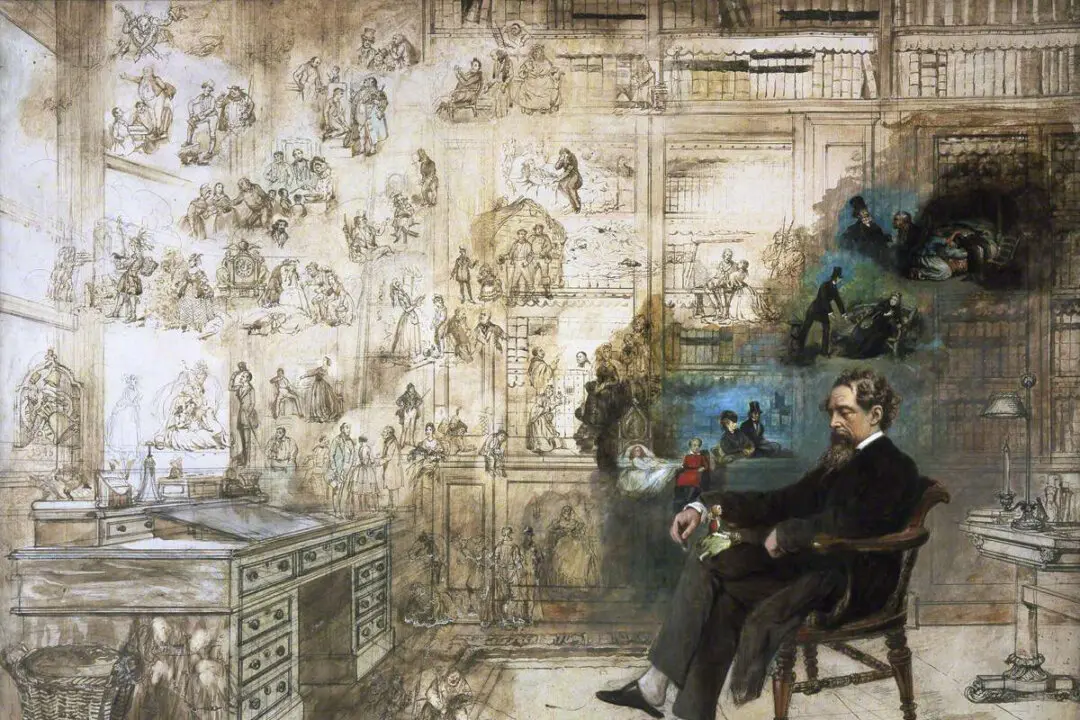Making plans for any event can be extremely overwhelming. Nevertheless, in his short story “Catching the Train,” Arnold Bennett emphasizes the importance of perseverance and calmness in the preparation and execution of any event. By following two brothers as they try to catch a train, Bennett demonstrates that overthinking disables people’s perceptions and inhibits their ability to complete a task.
On Time
Arthur Cotterill wakes up, but finds himself in a complete panic when he looks at the clock. The clock shows 6:50 and the train leaves at 7:10 a.m. However, the journey to the train station takes 10 minutes, not to mention that Arthur and his brother Simeon need to dress, finish packing, and wait for the porter to come pick up their luggage.Fear and dread grip Arthur’s heart and mind. He lies paralyzed in bed for a moment, still dreading that he won’t make the train. Finally, he calls to his brother: “Simeon! ... We’ve missed the train!”






